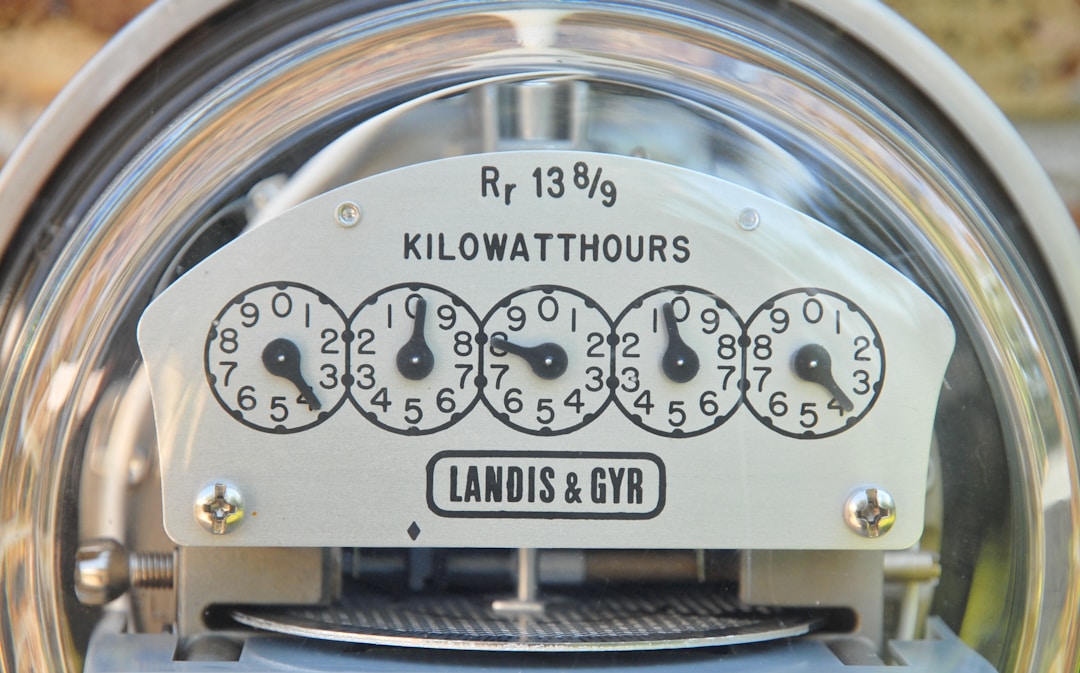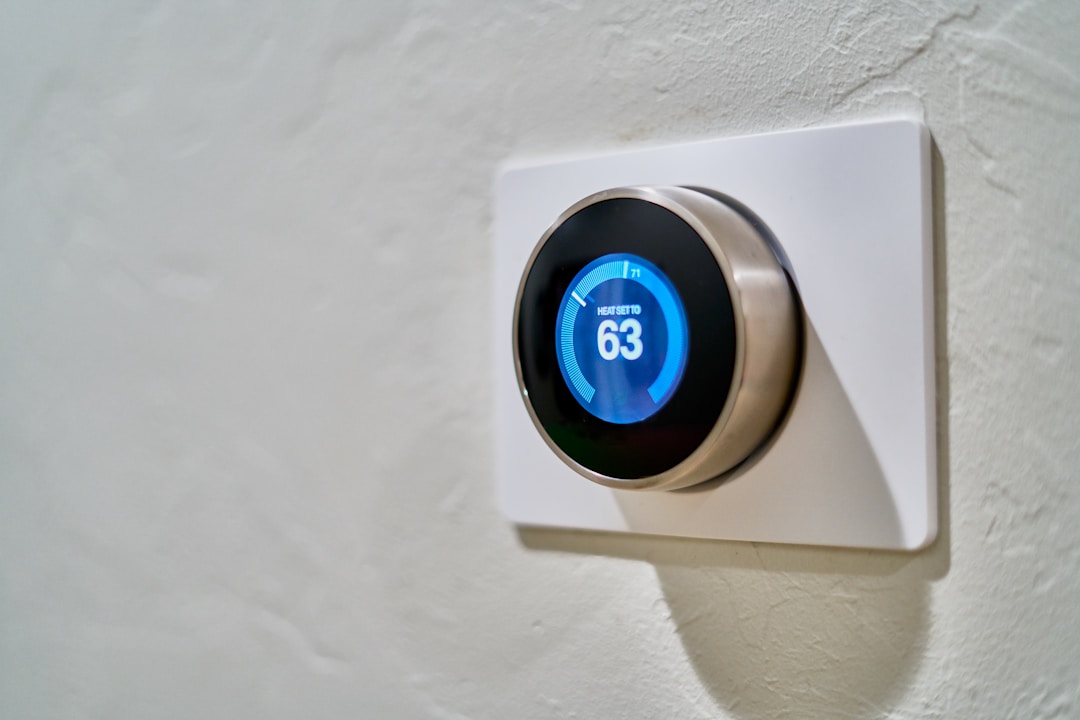If you’re like most homeowners, you probably don’t think about your AC unit very often. As with most of us, there is nothing to worry about as long as the air comes on when the switch is flipped. When there is a problem, however, it can usually be a big problem. As the weather turns warmer, you must have an AC unit that can efficiently cool your home. Regular maintenance and routine tune-ups on your unit can ensure that it stays in good working order.
However, many experts agree that the average AC unit will last from 12 to 15 years, even with regular maintenance. With proper care, your unit might last longer than this. As the system begins to age, however, it will become more inefficient, and you will begin to notice problems with the temperature in your house. Inefficient systems can lead to costly repairs, uncomfortable temperatures, and expensive energy bills.
So, what are the warning signs of an inefficient AC unit? Let’s look at some common signs that you may notice if your AC unit isn’t running efficiently.
1. Constant Repairs

When your air conditioner is in good working order, the only thing that it will require is annual maintenance. You will need to change the air filters frequently and keep up with the routine maintenance completed by your technician. As your system ages, however, it will require more attention. Parts like the condenser, compressor, and capacitor might require work and attention. As this continues and your unit requires more frequent repairs, it could signify that your AC isn’t working like it used to. When your unit begins to break down due to age, it can cause the entire system to work harder and strain the other parts. Additionally, the cost of frequent repairs can add up. Experts recommend that when the costs of repairing your unit are more than 50 percent of a new system, it’s usually best to replace the unit.
2. Increased Energy Bills

Depending on where you live, different seasons will require different demands of your HVAC system. As a result, you will typically see fluctuations in your energy bills based on the season and outside temperatures. However, if you find that your energy bills are running unusually high, it could mean that your AC unit isn’t running efficiently anymore. If your unit isn’t efficient, it will work harder and run for a longer period to try and maintain the temperature in your house. As a result, you will probably notice a steady increase in your energy bills. If this is the case, it might mean that you should consider repairs or replacement. A professional HVAC technician can help you determine what your unit needs.
3. Inconsistent Temperatures

If it is particularly hot outside, it might take a little while for your home to cool down to your desired temperature. When you switch on the AC, however, you expect to feel a rush of cold air and for the temperature to improve shortly. If you find that your home isn’t maintaining a consistent temperature or that it takes an extended period to cool down, your AC unit could be to blame. While this could result from a few issues, such as very dirty filters, it is likely that your AC unit isn’t running efficiently.
An inefficient AC unit will have to work harder to cool your home, and you will notice problems with cooling times and consistent temperatures. You can have a professional troubleshoot the issue and recommend some solutions. However, if your temperature problems result from an inefficient unit, it might signal time for a replacement.
As the temperature changes outside, the last thing you want to deal with is AC issues. Maintaining your air conditioner will help reduce many problems. However, an inefficient unit can create uncomfortable indoor temperatures, spikes in energy bills, and lead to multiple costly repairs. In some cases, your AC unit can be repaired, and your problems will be resolved. In other situations, however, the solution might be a new unit.





